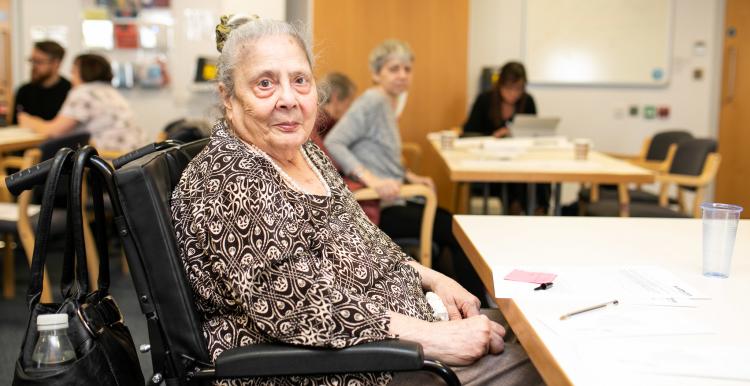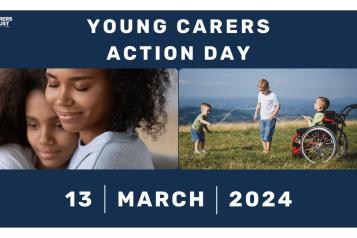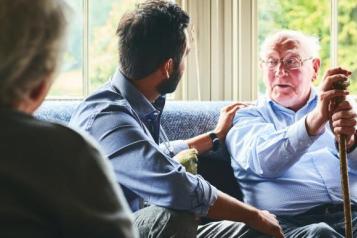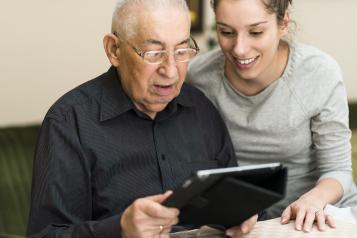What should you expect after a dementia diagnosis

The essential information you should get
After a dementia diagnosis, you should be made aware of the support available to you. This information should be explained to you and given to you in writing. You can also ask for it in a format you understand.
- Your type of dementia and how it will affect you.
- Any further tests, treatment, activities or therapies that might help you.
- Who will provide your care, and how to contact them, including the professional who will coordinate your care.
- Support groups and charities that can help you.
- How dementia can affect your driving and what you need to do.
- How your employer should support you if you work (or are looking for work).
- Any research studies you could take part in.
If you don’t need this information straight away, you can ask for it later on.
What else should you talk about with your GP?
- Consent - Do you agree to services sharing information about you? Who can they share information with, and what are you willing for them to share?
- Information - Do you know who to contact for more advice if your needs change?
- Future contact - You may not need any help or further appointments now. If that is the case, would you like to be contacted again and if so, when?
Next steps checklist
It's not just health and care support you need to think about when diagnosed with dementia. To help you, Dementia UK has created a checklist to follow, which includes information on benefits and discussing plans and wishes with your family.
Dementia UK - After a diagnosis of dementia: Next steps checklist
Planning your care
Now
After your diagnosis, your GP should direct you to services that can give you more information and support. You should also be given the name of a professional who will coordinate any care and support you might need.
The future
Thinking ahead can feel overwhelming, but planning care can help ensure people know your wishes for the future. When you're ready for this, you should be offered support and information to discuss your options.
Support for carers
Anyone with caring responsibilities for a person with dementia is entitled to a Carers' Assessment. Your local Authority will carry this out. The Assessment will look at the impact of caring for a person with dementia and what support is needed. Take a look at Dementia UK's guidance on Carers' Assessments for more information.
As a carer, it is essential to think about your health and wellbeing. It is a significant adjustment, so you should take a look at the options available to you. These can include:
- Training
- Support
- Advice
More information
If you want more information on what to do after a dementia diagnosis, what signs or symptoms you should look for to get a diagnosis or what support is available to you or a loved one, then these useful links are a great resource.
- National Institute for Health and Care Excellence: Dementia – discussing and planning support after diagnosis
- Dementia UK - Get Support
- Alzheimer's UK - Our Dementia Support services
- NHS - Help and support for people with dementia
- Age UK - Dementia Support
Downloads
Download the below flyer for details on Age UK Salfords Buddy Club.
There are places available for those living with dementia. They are fun and sociable - with activities, lunch and refreshments are provided and are supported by dementia workers. They also offer 5 hours respite for family caregivers.
For more information contact the Age UK Salford Dementia Support Team:
0161 728 2001


